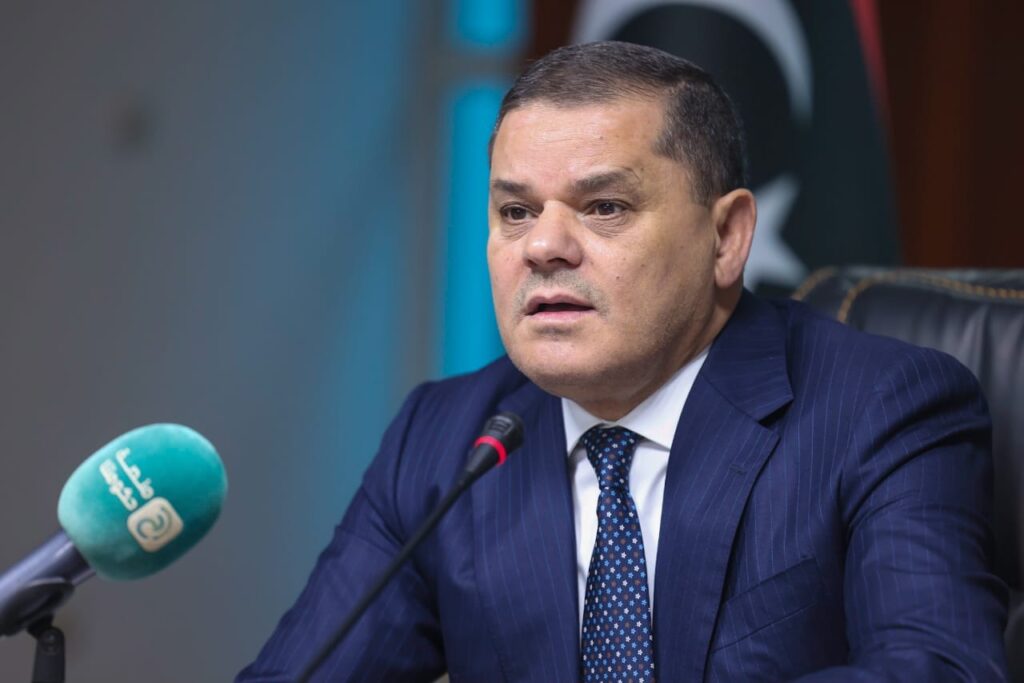Libya Crimes Watch, a non-governmental organizations, said on Tuesday that it holds the Government of National Unity, led by Prime Minister Abdul Hamid Dbeibeh, responsible for the violent clashes that took place Sunday night and continued until Monday morning in the Libyan city of Zawiya.
At least four people were killed after violence erupted between armed groups, according to Libya’s Ambulance and Emergency Service. The fighting stopped after health services pleaded for truce to help evacuate civilians stuck in areas of clashes.
Thirty families were evacuated from their homes through a safe passage established by rescue teams of the Ambulance and Emergency Service.
According to press reports, the warring parties were an armed group known as First Support Battalion, which is affiliated with the city’s Security Directorate, and a force of the Stabilization Support Apparatus, which is directly affiliated with the Government of National Unity.
A militant of the First Support Battalion was killed by another from the Stabilization Support Apparatus over a dispute whose causes remain unknown. The killing of the militant promoted the First Support Battalion to attack force of Stabilization Support Apparatus, thus igniting a night of clashes.
The Libya Crimes Watch called on “the judicial authorities in Libya to open an urgent and transparent investigation into these violations and hold those responsible accountable.”
“We hold the Government of National Unity responsible for the continued security chaos and organized crime in the city, and we demand that they take effective measures to protect the lives of civilians,” the NGO said.
Since Libya plunged into a security unrest in the aftermath of the 2011 civil war that toppled Muammar Gaddafi, Zawiya, much like other Libyan cities, regularly witnesses fighting between armed groups for power and influence, benefiting from the security crisis that gave rise to smuggling drugs, oil and human trafficking.
Earlier this month, armed groups clashed in the city with violence causing harm to civilians as three people were wounded. The violence also damaged the Zawiya refinery, Libya’s largest oil refinery with a capacity of up to 120,000 barrels per day.
